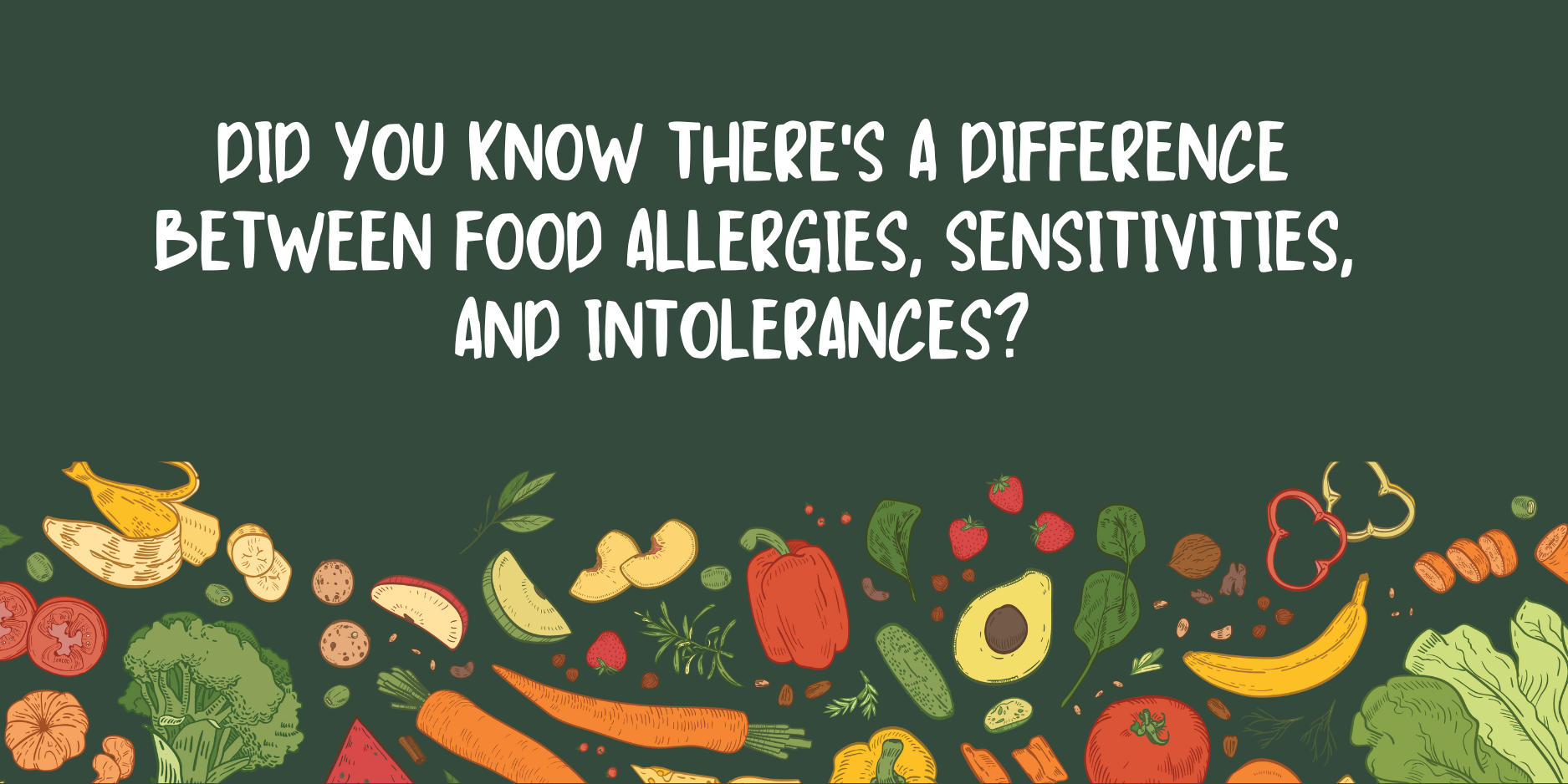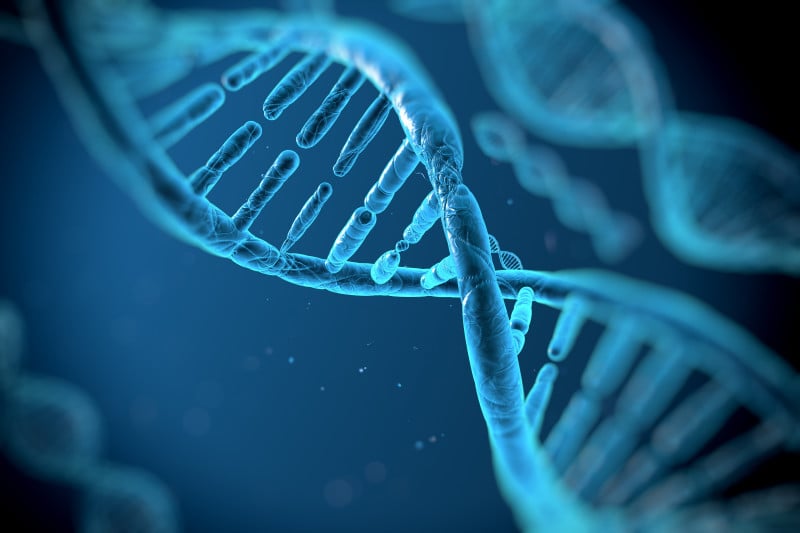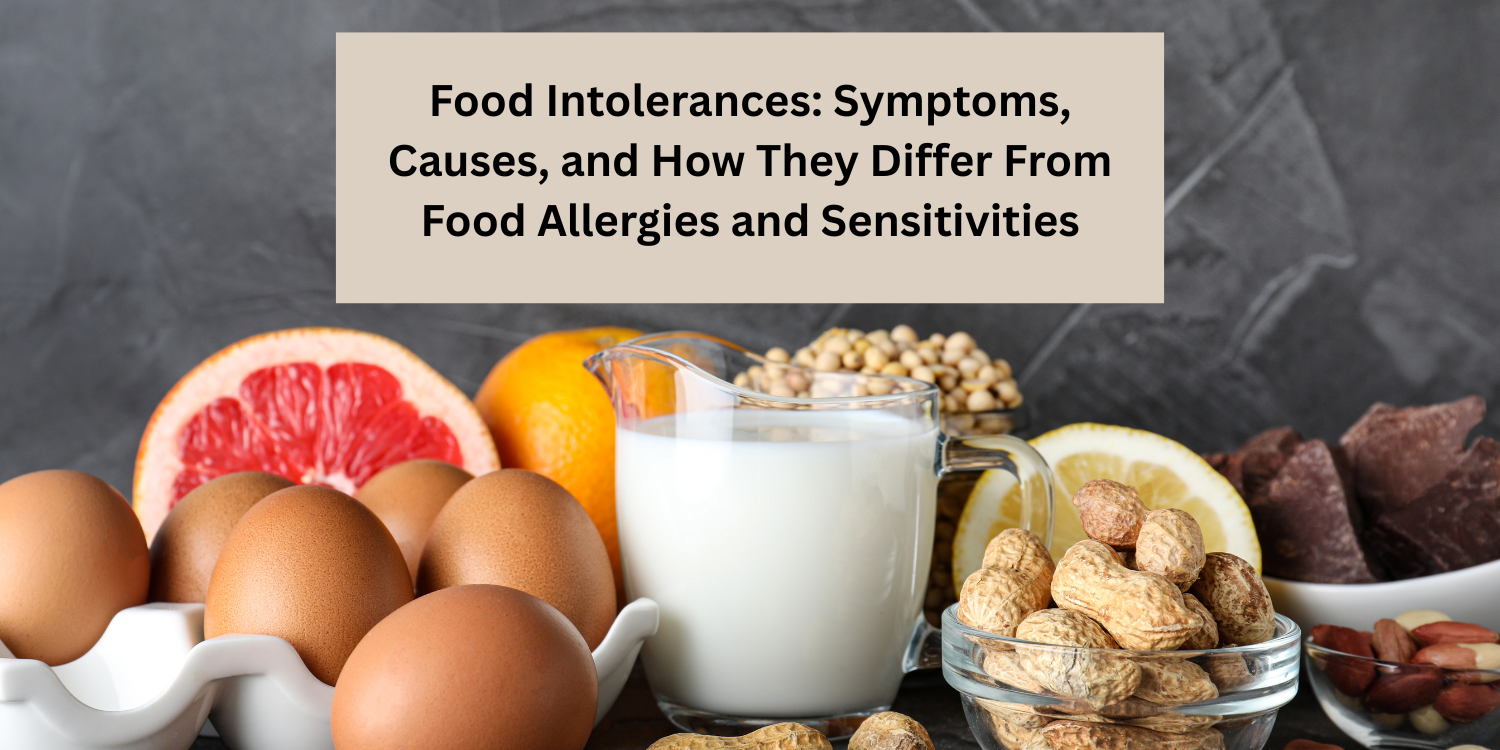

Have you heard of 23 and Me? Or maybe just the term SNP’s (single nucleotide polymorphism) thrown around? Or the buzz word epigenetics? Or perhaps the word methylation, and wonder what it’s all about? They all have to do with your genes! To briefly review some terms, we all have 46 chromosomes, 23 come from your mother, and 23 come from your father. Chromosomes have DNA information on them, which in turn make up a gene, which encodes for making proteins, which then determines a specific trait or function in our body. A SNP is a specific part of gene that encodes for DNA expression of proteins or enzymes. Each SNP represents a difference in a single DNA building block, called a nucleotide. A “normal” SNP is called the wild type, as it is the most common. If you happen to have one substitution of one nucleotide for another, then you are heterozygous for the SNP, meaning you have one normal copy, and one abnormal copy. Having one abnormal copy usually means you will have some alteration in activity or function, which could be an up regulation or a down regulation. However, if you have 2 abnormal copies, then you are homozygous for that gene and can have a significant alteration in function of the protein or enzyme that gene codes for. Your personal environment, both internal and external, alters the expression and function of your genes. In other words, genes make up not only what are bodies are made of, but who we are!
To provide a simple example, there are 2 main genes that can cause celiac disease, HLADQ2 and HLDQ8. About 40% of people in the US carry one of the celiac genes, meaning they carry the genetic predisposition to get celiac disease, however only about 1% actually have celiac disease. What makes some people get celiac disease and others not? The difference is their environment, both internal and external, including gluten exposure. To give a specific example of a SNP, if you are homozygous (2 copies of the gene) for the MTHFR C677T SNP, you have about a 70% reduction in your body’s ability to methylate folic acid in to 5-methyltetrahydrofolate, the active form your body can use. The term methylation simply means adding a methyl group (CH3). Now, if you are perfectly healthy and have all of the roots to the tree in good places, then you have already optimized function of the gene and have decreased the risk of having signs and symptoms or disease as a result of having the gene.
However, this is still good information to know, as a decreased ability to methylate folic acid has been shown to have impacts on cardiovascular disease, cancer, depression, birth defects and many other diseases. Knowing this information can help guide treatment recommendations such as increasing folate in the diet and taking the correct form and dose of activated folate.
Epigenetics is the study of the effect of your environment on gene expression. What exactly do I mean by your environment? EVERYTHING! The food you eat, the water you drink, the air you breath, the toxins you are exposed to, the exercise you do, the sleep you get, the relationships you have, your responses to stress, and what you think and believe.
This is why in Functional Medicine we strongly believe in working on what I call the roots to the tree: nutrition, exercise, sleep, stress management, relaxation, and relationships. These roots are fundamental to achieving true health, AND have strong influences on our genes. However, in Functional Medicine we do not treat your genes, we treat you! It is also important to understand that just because you have an alteration in a gene that codes for a specific function, does not mean you will actually have an alteration in that function that will cause harm. Your internal and external environments have a large impact on gene expression, and thus function. However, knowing what genes you have may help your practitioner better understand some of your root causes.
There are several different ways to find out more about your genes, ranging from testing to see if you have one specific gene, to getting your entire genome sequenced. 23 and Me is a test you as the consumer can order directly online. 23 and me will send you a test kit with instructions on collecting a cheek swab, which you will then send in to them for genome sequencing. In summary, knowledge is power! Knowing more about your genes may help with discovery of root causes, as well as supplement your treatment plan. Knowing the root causes of your signs and symptoms is the single best thing you can do to get you on the path to health.
Share:
Social Media
Most Popular Posts



Testosterone Replacement In Menopause

Progesterone Therapy In Perimenopause
Subscribe To Our Newsletter
Related Posts

Did you know there’s a difference between food allergies, sensitivities, and intolerances?
Did you know that there’s a difference between food allergies, food sensitivities and food intolerances? Food allergies, the reactions tend to happen pretty immediately and

Food Intolerances: Symptoms, Causes, and How They Differ From Food Allergies and Sensitivities
Eating a wide variety of whole foods is a key way to ensure a nutrient-rich diet full of vitamins and minerals. But what happens when

Testosterone Replacement In Menopause
What about adding testosterone replacement for women on hormone replacement therapy? Well, it can be really, really helpful for energy, libido, body composition changes. When

Progesterone Therapy In Perimenopause
What about progesterone therapy in menopause? So if you are on hormone replacement therapy with estrogen and you have a uterus, meaning you have not
